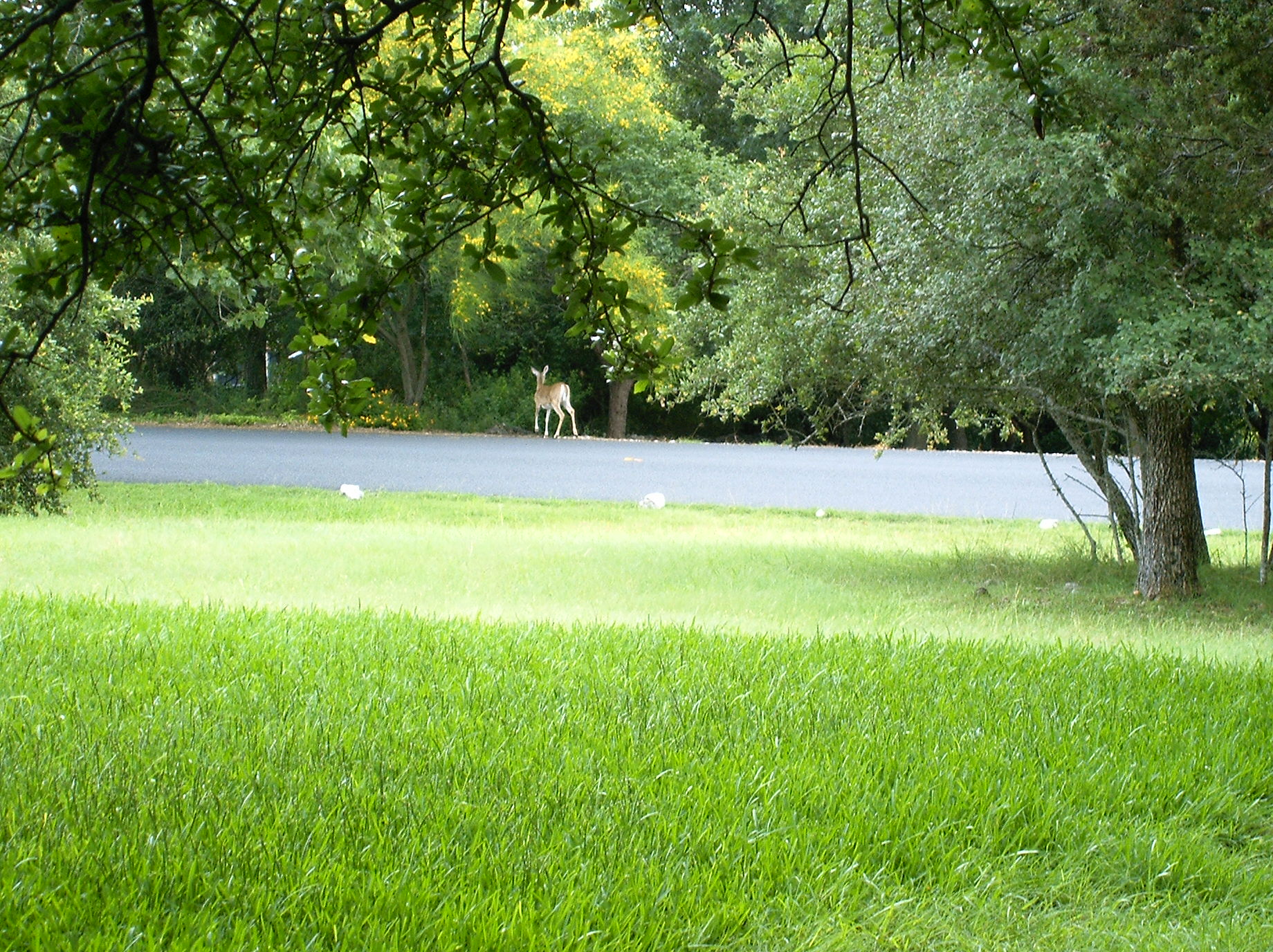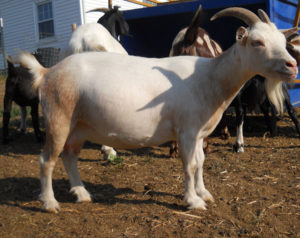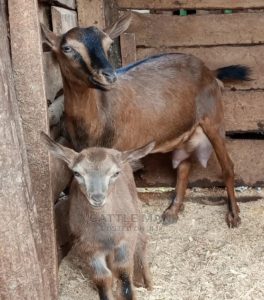Goat/Sheep Farm & Trail
Commercial dairy and meat goat farming in Kenya are growing fast and contributing much to the national income, economic growth and better human nutrition source. In the past few years, goat farming has become very popular with small scale farmers in urban and densely populated areas of Kenya. I have included here the benefits and other necessary steps for starting goat farming in Kenya.
 Advantages of Goat Farming in Kenya: Goat farming in Kenya has many benefits. I have included here the main of those benefits.
Advantages of Goat Farming in Kenya: Goat farming in Kenya has many benefits. I have included here the main of those benefits.
- Require little capital and investment.
- Care and management are very easy.
- Need less labor.
- Climate or weather is very suitable for goat farming in Kenya.
- Great business idea with good return of invest ratio (ROI).
- Goat’s products like meat and milk have a great demand in the international and local market of Kenya.
- Goat farming is very pleasuring and enjoyable.
- You can easily meet up the nutritional demand of your family.
- Great income source for the women and children.
Starting Goat Farming in Kenya: Follow the steps mentioned below to start.
- Selecting a good farm location. Select a calm, quiet and noise free land for your farm. Ensure some necessary facilities are available in your selected land that includes sufficient supply of clean and fresh water, a market near the farm, necessary veterinary services available, good transportation facilities
- Select the right breed for your production. There are many goat breeds which are very suitable for farming according to the weather and climate of Kenya. Boer, German Alpine, Toggenburg, Saanen, Anglo Nubian and some other breeds are suitable for commercial and profitable goat farming in Kenya.

After choosing the production, buy high quality fresh breeds for your farming business.
- Make a suitable house for your goats. Make the house rain and damp proof, free from sharp objects or direct weed, free from pest and wild animals and make a proper ventilation system inside the house. Generally, an adult goat requires 0.5-0.75 squire meter space on an average. You can divide the house into two parts. One is place for taking rest or sleeping and another for feeding.
Make the sleeping area comfortable enough for the goats with sufficient facilities of well ventilation, soft bedding, must have wall with door, well roofed and well ventilation system. You can make the feeding area with little or no roof but, it should fence all around with a gate. The feeding area should have water trough, feed trough, slated floor, feed racks and a rain proof mineral block pack area. Ensure sufficient flow of fresh air and light in the sleeping and feeding places of goats. See goat housing.
Goat Housing: Best Shelter Guide With 11 Tips (roysfarm.com)
- Feed the goats according to their production. For example, in case of feeding meat goats, feed them complementary food for growing fast and gaining weights. On the other hand, dairy goat needs more and more green foods for producing maximum amount of milk daily. Provide your goats sufficient roughage like Napier grass and supplements. In case of Napier grass, chop the grass into approximately 3 cm long pieces. Include energy supplements, molasses, milling by-products like pollard or bran, cereals etc. in their food. For protein supplements, include Calliandra leaves, cotton seed cake, Leucaena leaves, desmodium, fish-meal, dairy meal, sweet potato vines etc. in the food of goats. Along with good food, always serve them enough clean and fresh water according to their daily demands.
- Breeding process can be done in two ways. Natural breeding and artificial breeding. Artificial breeding is not so popular in Kenya and the facilities for artificial breeding are not available enough. The ratio of buck and doe for natural breeding of goats is 1:25. That means one buck is sufficient for breeding of 25 does. For breeding purpose, use fresh and diseases free does and bucks. Mate the does after two months of kidding. For mating, introduce a buck with the does and leave it with does for 2-3 weeks. Gestation period of goats is less than other animals. Goats generally give birth of kids after 150 days of mating.
- Timely vaccination is a must for keeping your goats free from all types of diseases. It also helps to keep your goats free from highly contagious diseases like PPR, goat pneumonia, tetanus etc. Vaccinate the does 2-3 weeks before kidding to prevent pulpy kidney and tetanus. Vaccinate the kids at their 5-6 months of age. For preventing scabby mouth disease, vaccinate the goats at their two months of age. Always vaccinate your goats in fresh and clean place with properly cleaned equipment.
- You can easily find a suitable ready market available for selling your farm products. Visit some local market and try to understand the demand of goat products. You can also directly discuss with some people about the benefits of consuming goat’s products like meat or milk. If there any opportunities, then try international markets. Goat farming in Kenya is becoming very popular day by day. And can be one of the best leading and profitable income sources for the poor, landless and marginal people.
- Commercial goat farming in Kenya can also make great contribution in the total economy of this country. So, if you are interested in goat farming and want to set up goat farm, then read as much as possible about goat farming, get training and finally do it. Best of luck!
A Boer Goat


A Milk Goat


